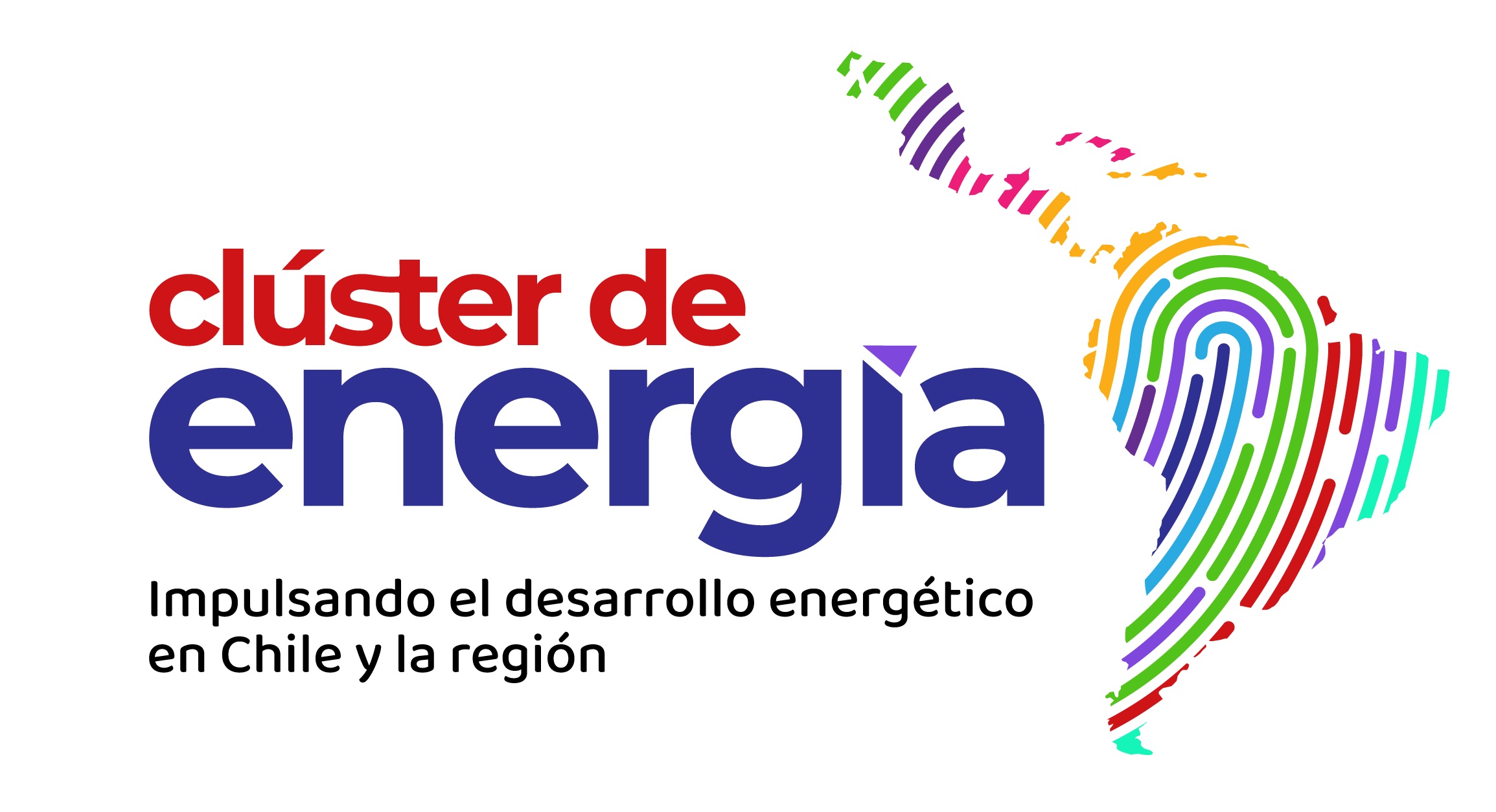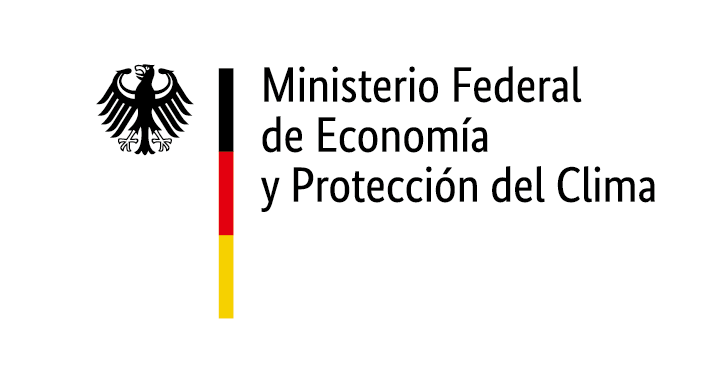Project: Global Carbon Market
Federal Ministry for the Environment, Nature Conservation and Nuclear Safety
Principal:
Federal Ministry for the Environment, Nature Conservation and Nuclear Safety
Country:
Chile
Partner:
Chilean Ministry
Duration:
07/ 2018 – 12/ 2021
Contact:
Context and background
In recent years Chile has taken on a proactive international role in the fight against climate change. Hardly any other country feels the effects of climate change more strongly than Chile, which is well aware of its vulnerable situation. In order to mitigate the consequences, which are already clearly noticeable, Chile has signed up to adhere to the important international climate protection agreements. For example, the Kyoto Protocol and the Treaty of Paris have been ratified.
Part of the Paris Agreement includes the elaboration of a voluntary national CO2 reduction plan (Nationally Determined Contributions, abbreviated NDC). At the beginning of 2017, Chile adopted its NDC with the goal of reducing CO2 emissions per unit of GDP by 30% by 2030, compared to 2007. A further increase of up to 45% is possible with international financial support.
In 2013, Chile began planning the introduction of an Emission Trading System (ETS) together with the World Bank’s Partnership for Market Readiness program. Just one year later, a legislative reform was launched, which included the introduction of an emissions tax (Spanish: Impuesto verde). The tax started in 2017 and applies to particulate matter as well as NOx, CO2 and SO2 emissions from thermal plants with at least 50 MWt capacity. The cost per ton of CO2 emissions is the equivalent of 5 US dollars.

